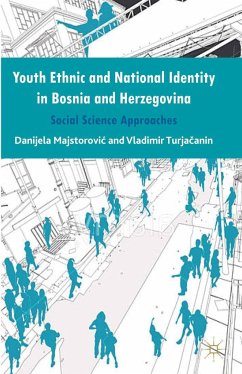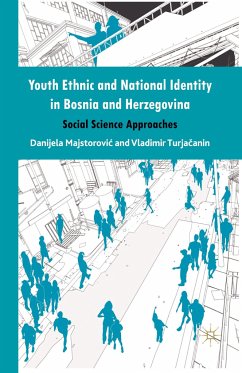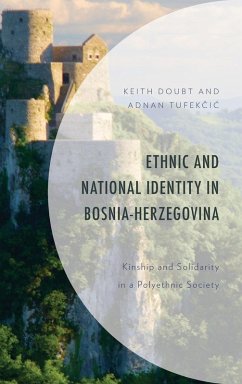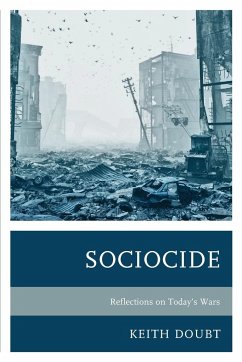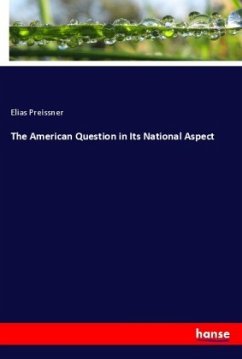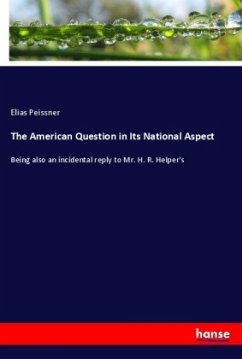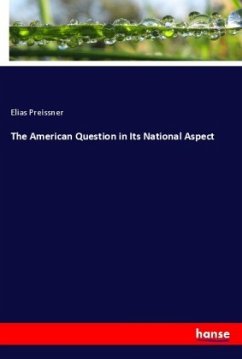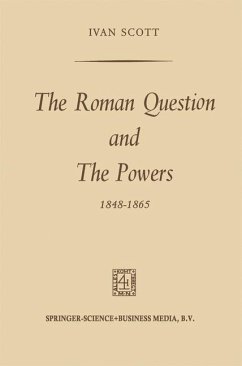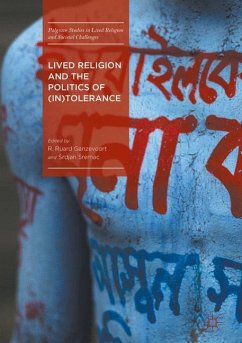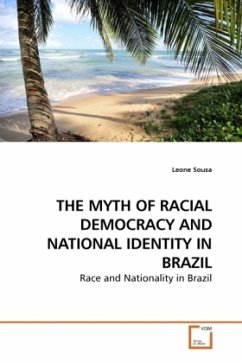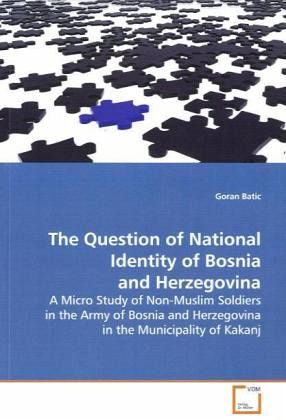
The Question of National Identity of Bosnia and Herzegovina
A Micro Study of Non-Muslim Soldiers in the Army of Bosnia and Herzegovina in the Municipality of Kakanj
Versandkostenfrei!
Versandfertig in 6-10 Tagen
32,99 €
inkl. MwSt.

PAYBACK Punkte
16 °P sammeln!
For Bosnia and Herzegovina, the beginning of the 1990 s meant a period of nationalistic projects within the country. Three sides were created, and the relevance of ethno-religious origin was high as never before - strong attachments to the ethnic and religious identities. Croats aligned with the Croat Defence Council (HVO), Serbs with the Yugoslav People s Army (JNA) and Muslims with the Army of Bosnia and Herzegovina (ArBiH).However, there were exceptions / resistance discourses to the general trend of division along ethno-national lines. It is exactly this exception the author finds worth in...
For Bosnia and Herzegovina, the beginning of the
1990 s meant a period of nationalistic projects
within the country. Three sides were created, and
the relevance of ethno-religious origin was high as
never before - strong attachments to the ethnic and
religious identities. Croats aligned with the Croat
Defence Council (HVO), Serbs with the Yugoslav
People s Army (JNA) and Muslims with the Army of
Bosnia and Herzegovina (ArBiH).
However, there were exceptions / resistance
discourses to the general trend of division along
ethno-national lines. It is exactly this exception
the author finds worth investigating. Tempted by the
appealing controversial quality of a research on
those exceptions, and in hope to reveal elements of
a hypothetical, 'all encompassing' national identity
of Bosnia and Herzegovina, the author pursues a
micro study of non-Muslim soldiers in the Army of
BiH.
1990 s meant a period of nationalistic projects
within the country. Three sides were created, and
the relevance of ethno-religious origin was high as
never before - strong attachments to the ethnic and
religious identities. Croats aligned with the Croat
Defence Council (HVO), Serbs with the Yugoslav
People s Army (JNA) and Muslims with the Army of
Bosnia and Herzegovina (ArBiH).
However, there were exceptions / resistance
discourses to the general trend of division along
ethno-national lines. It is exactly this exception
the author finds worth investigating. Tempted by the
appealing controversial quality of a research on
those exceptions, and in hope to reveal elements of
a hypothetical, 'all encompassing' national identity
of Bosnia and Herzegovina, the author pursues a
micro study of non-Muslim soldiers in the Army of
BiH.



